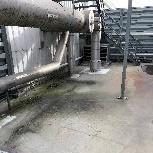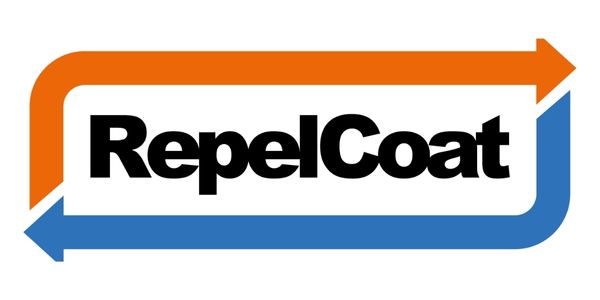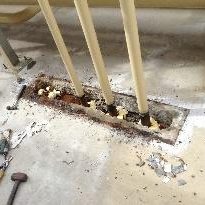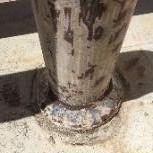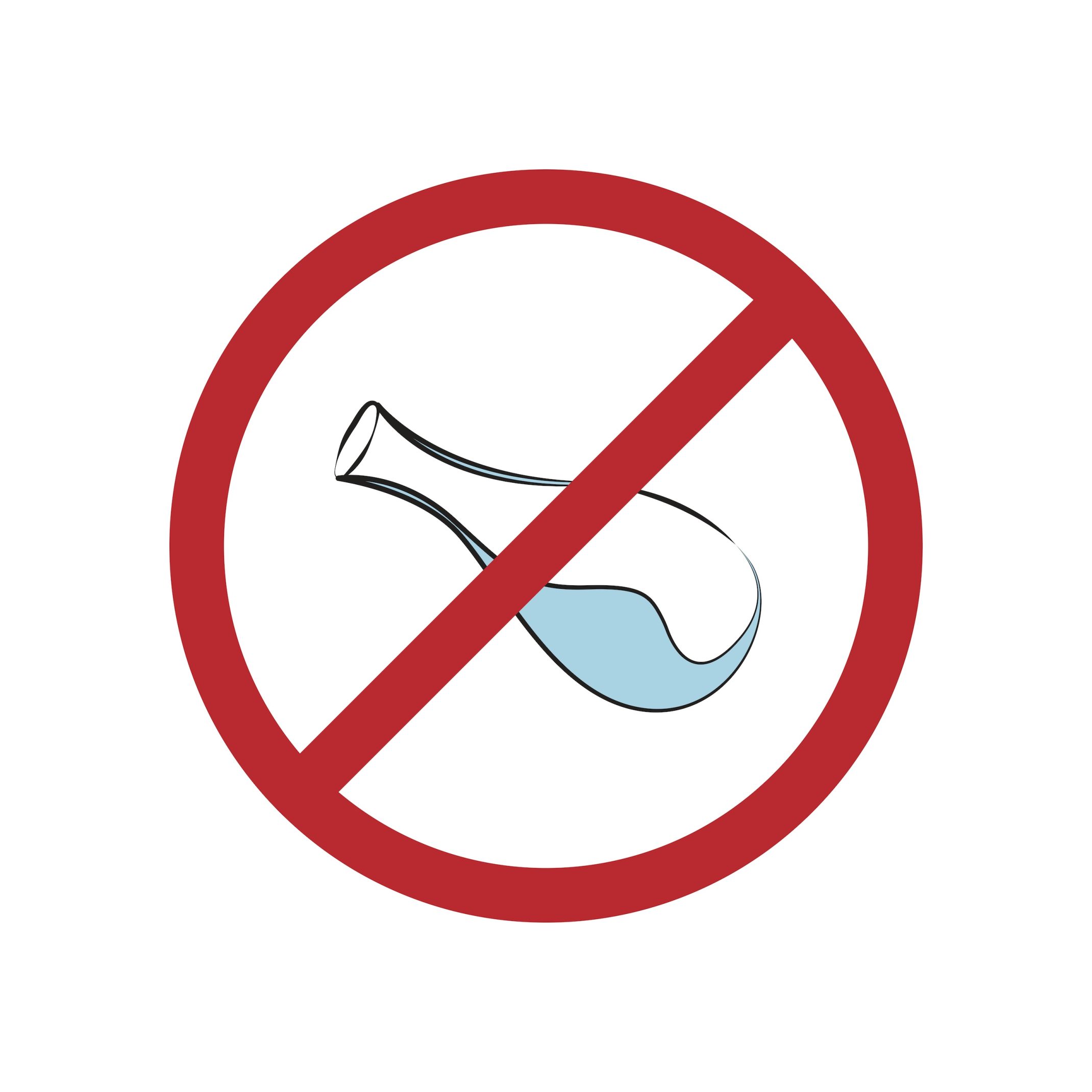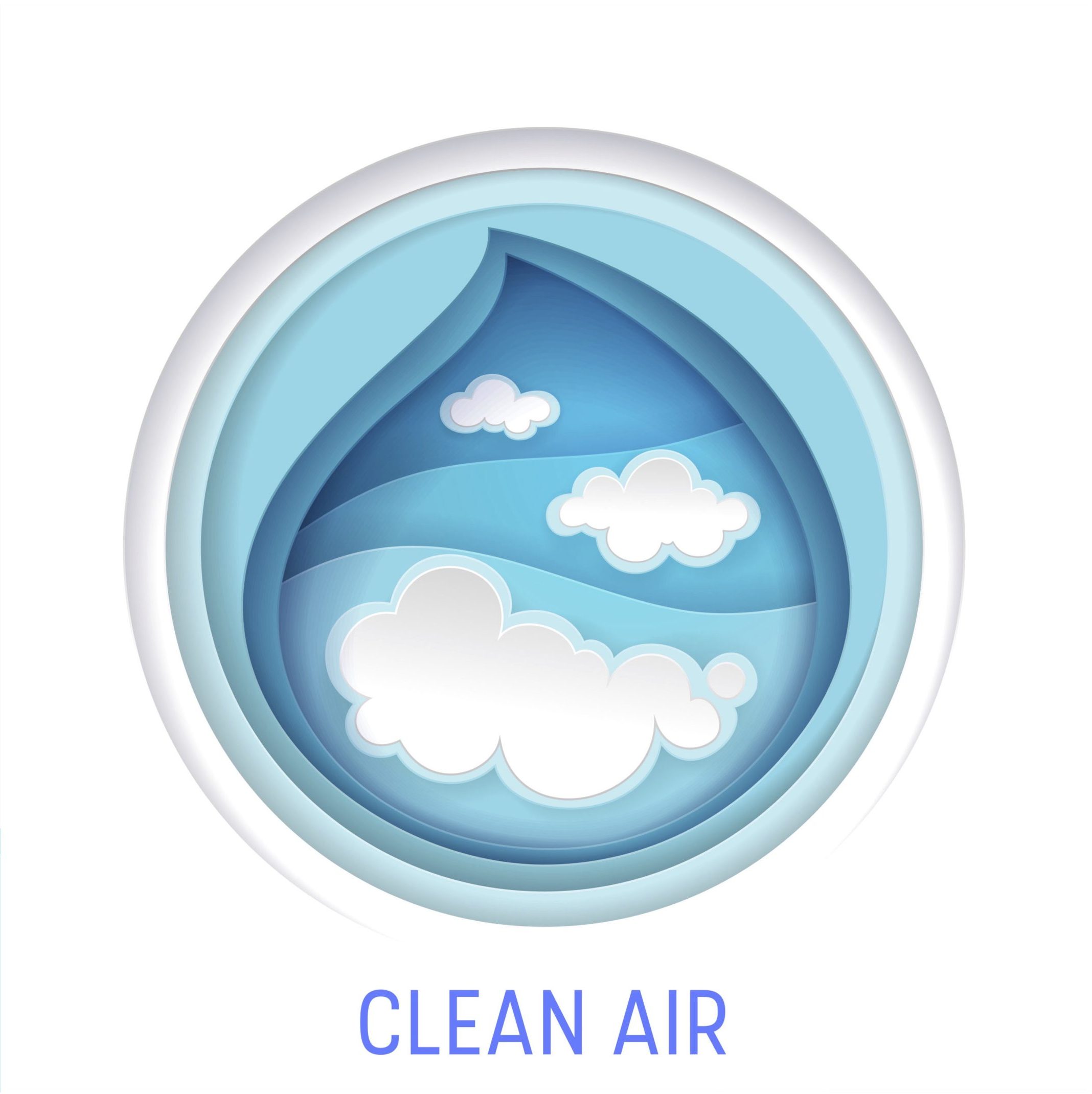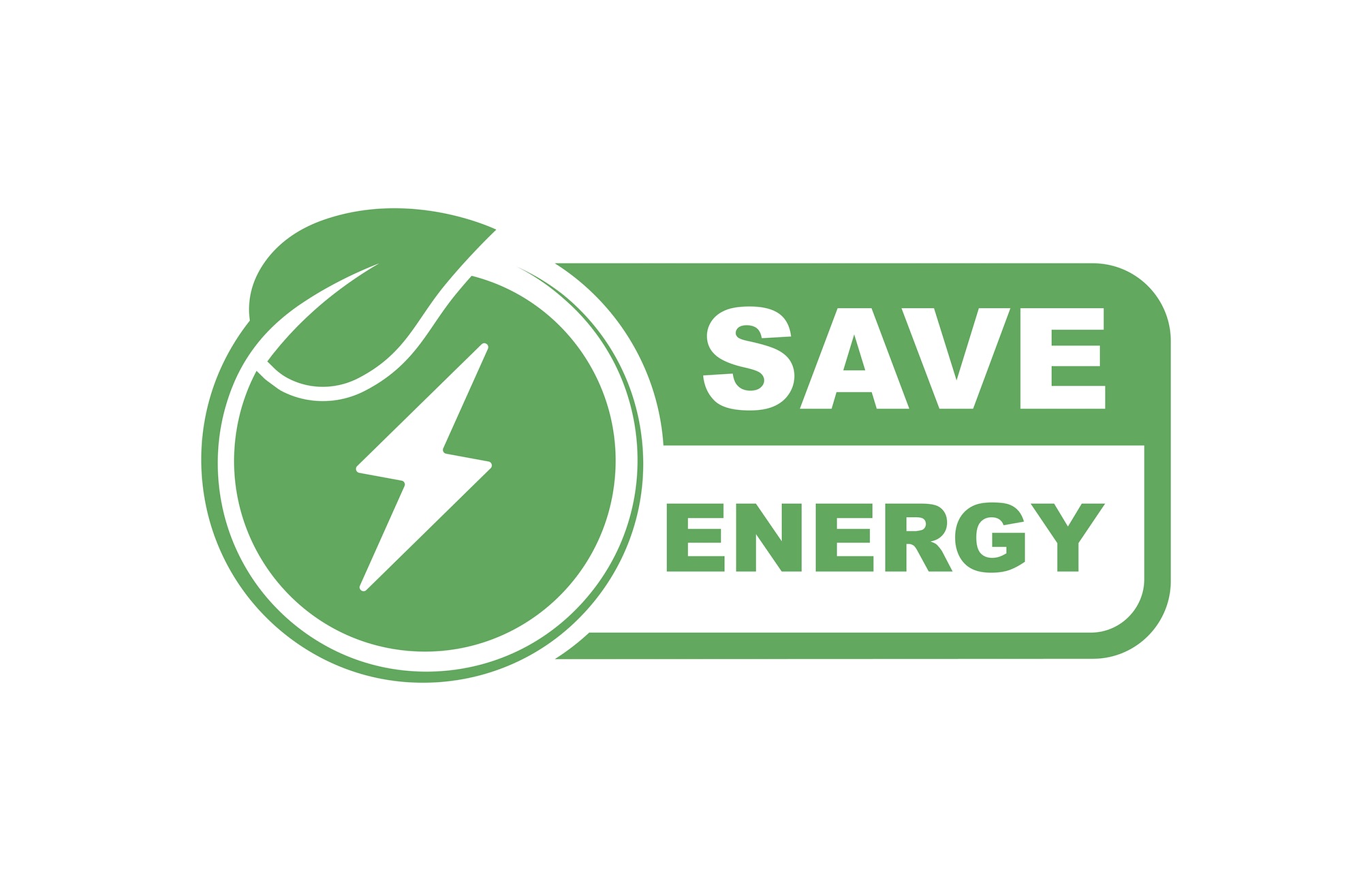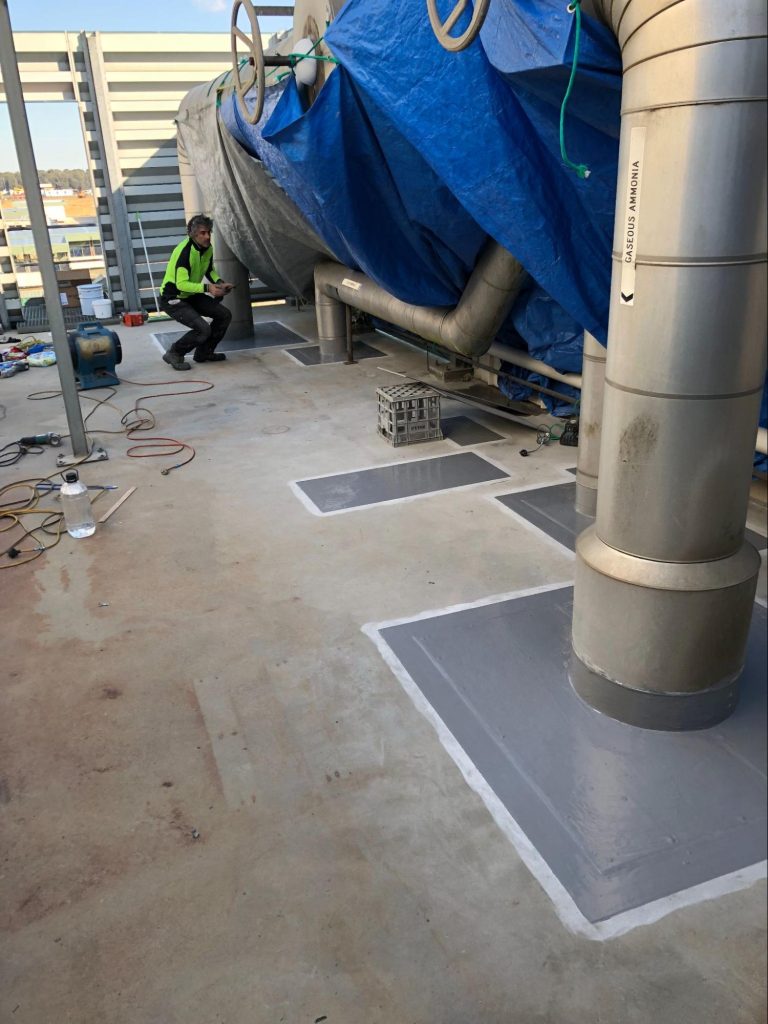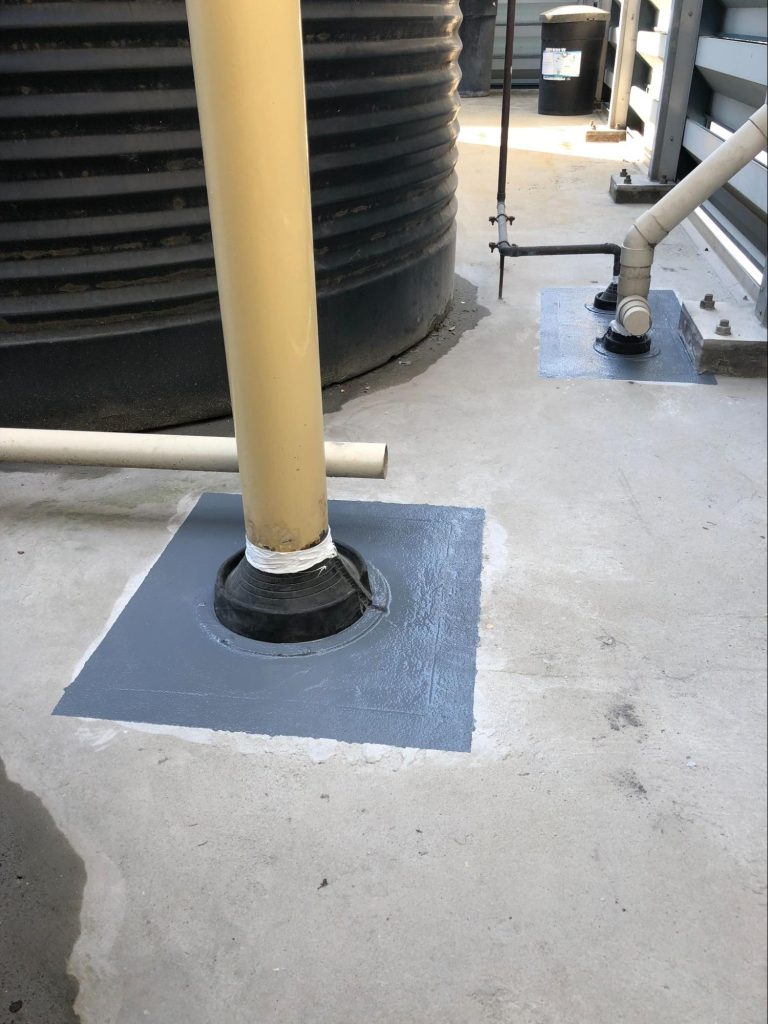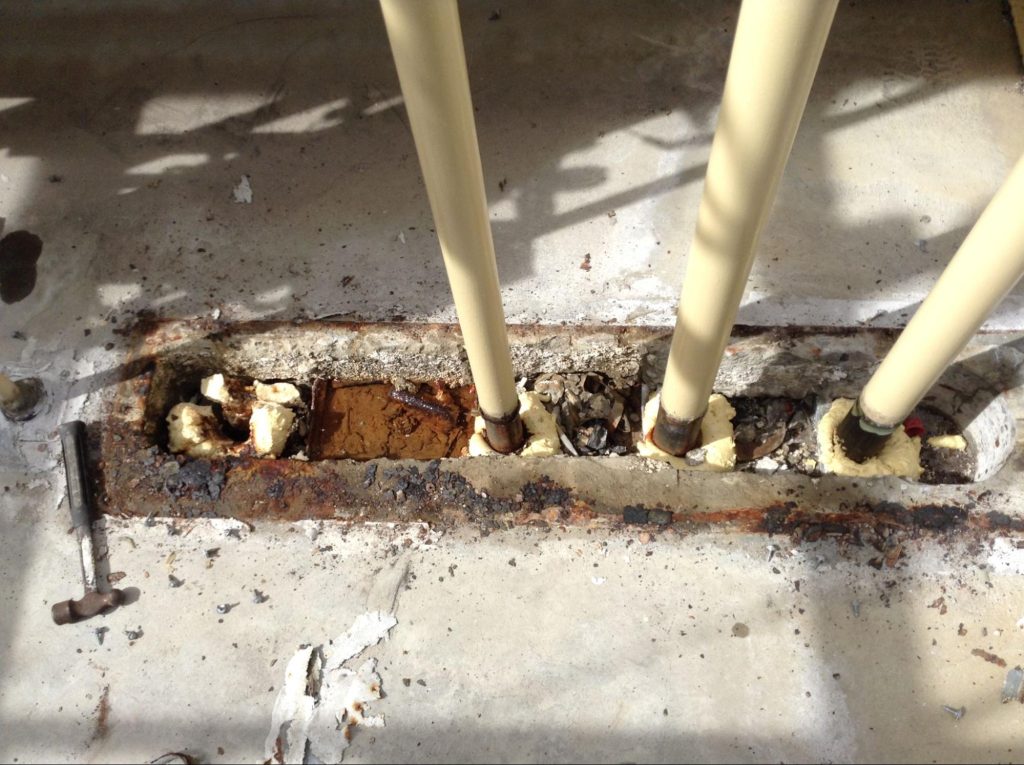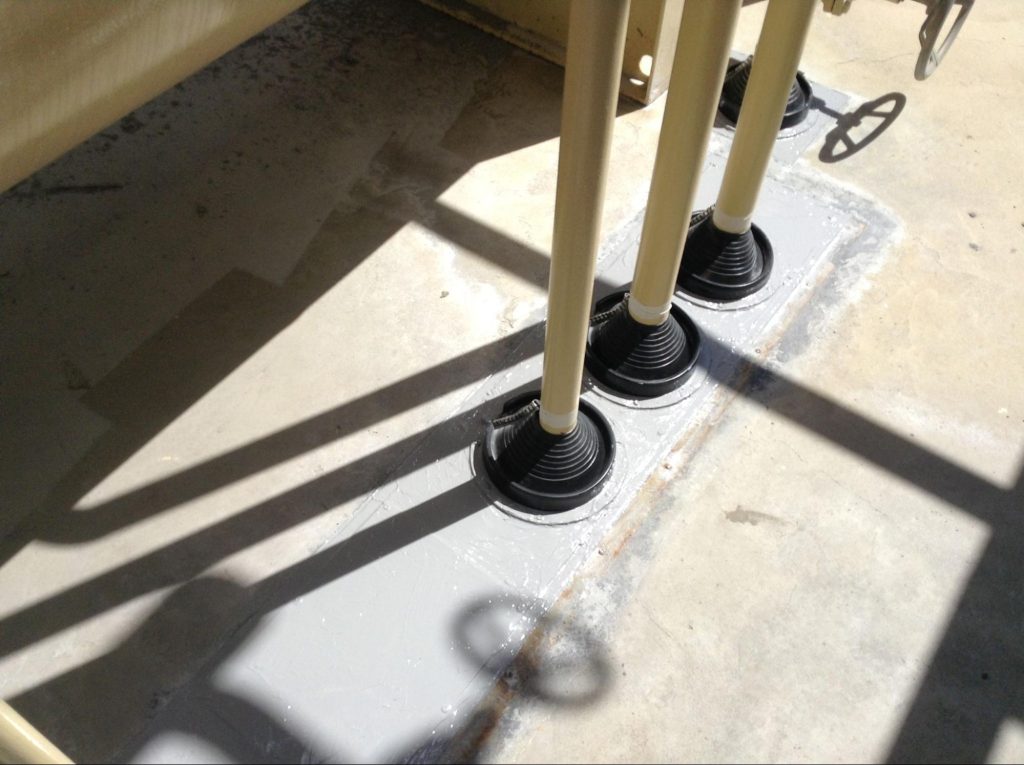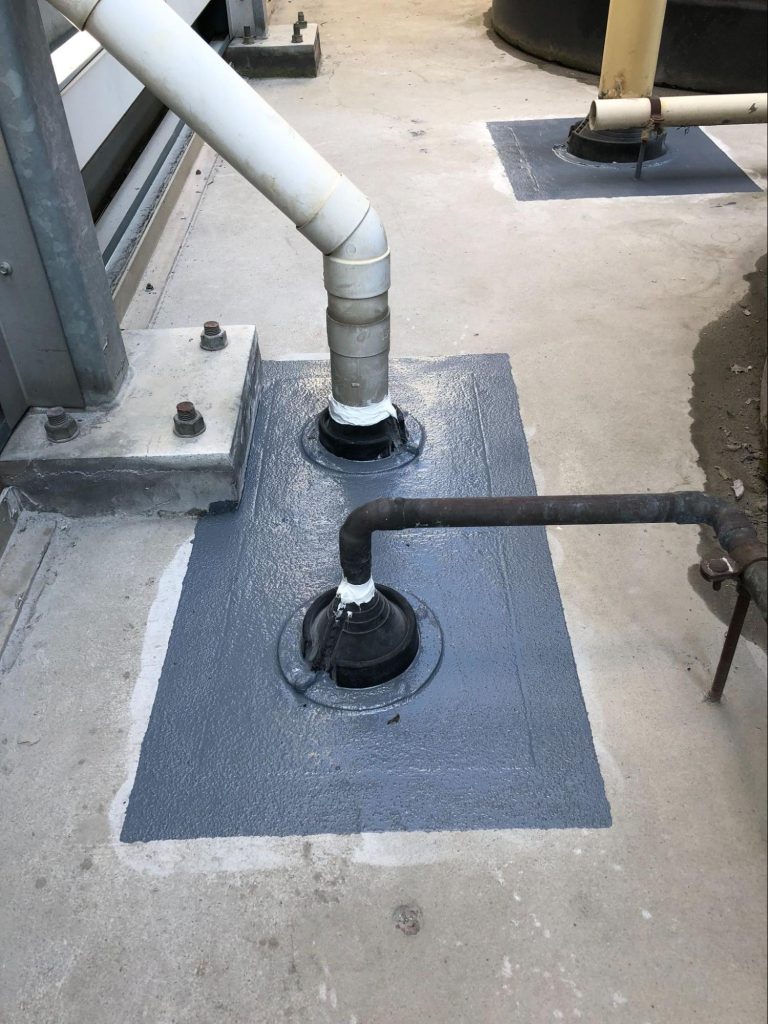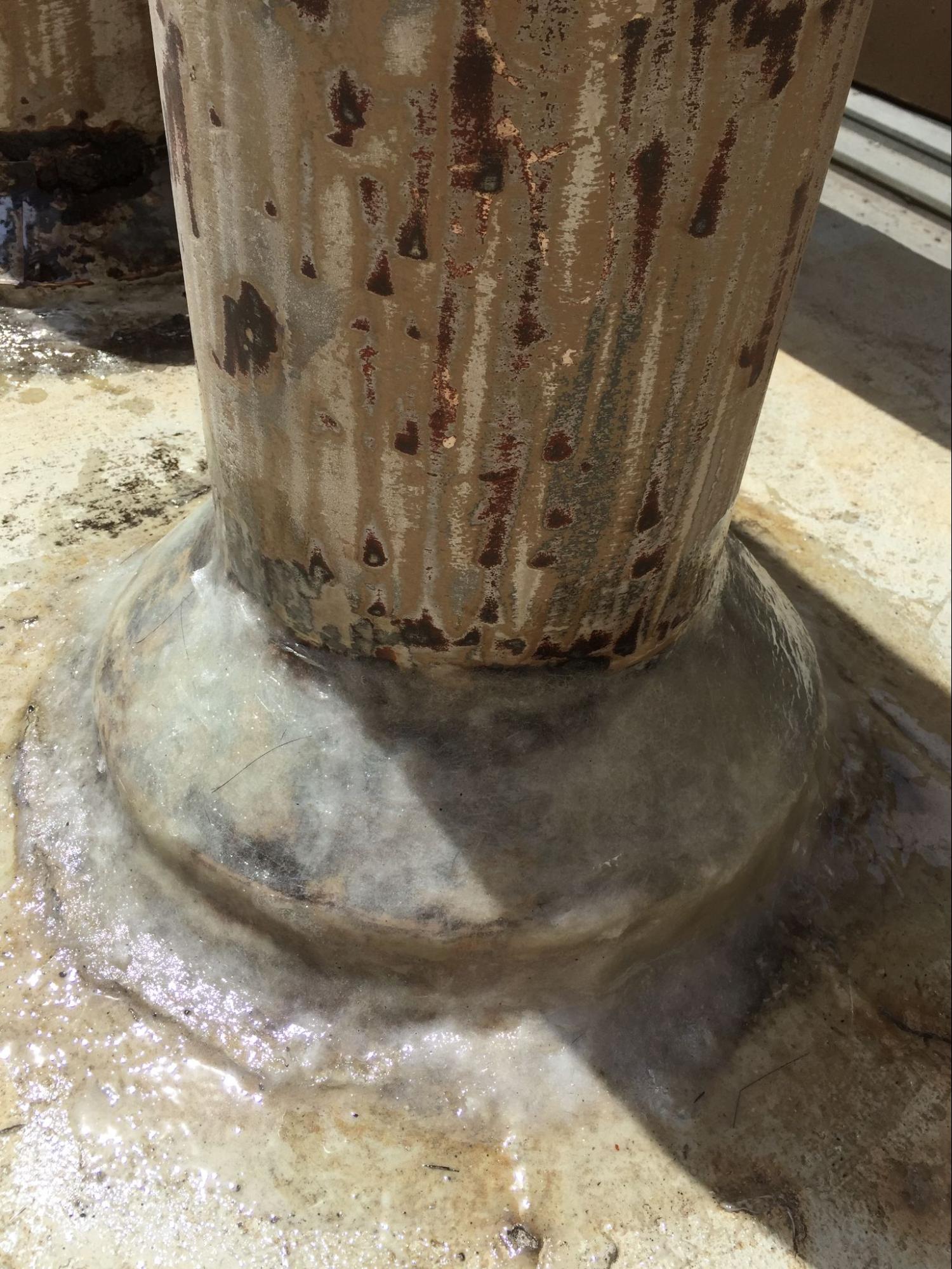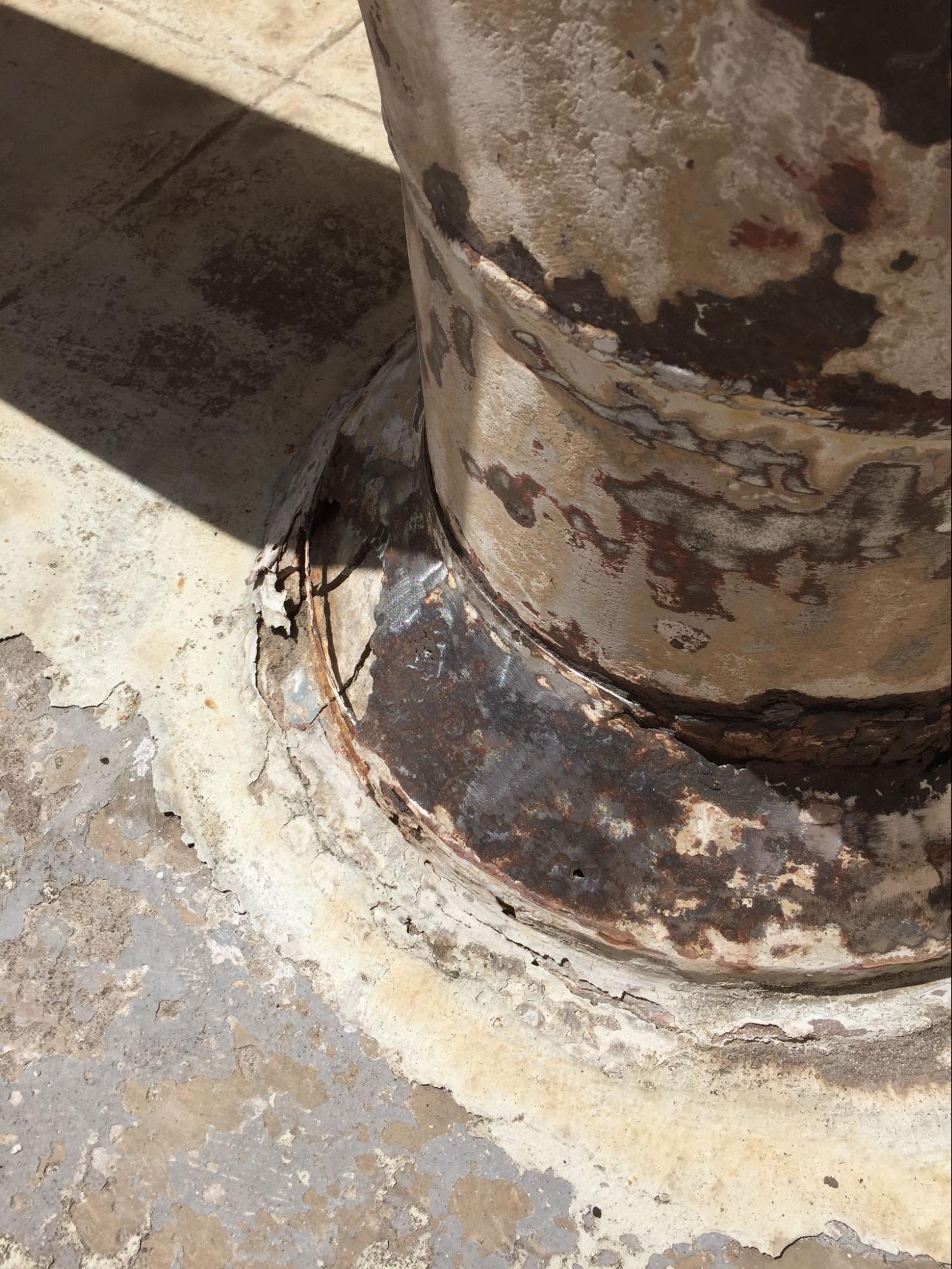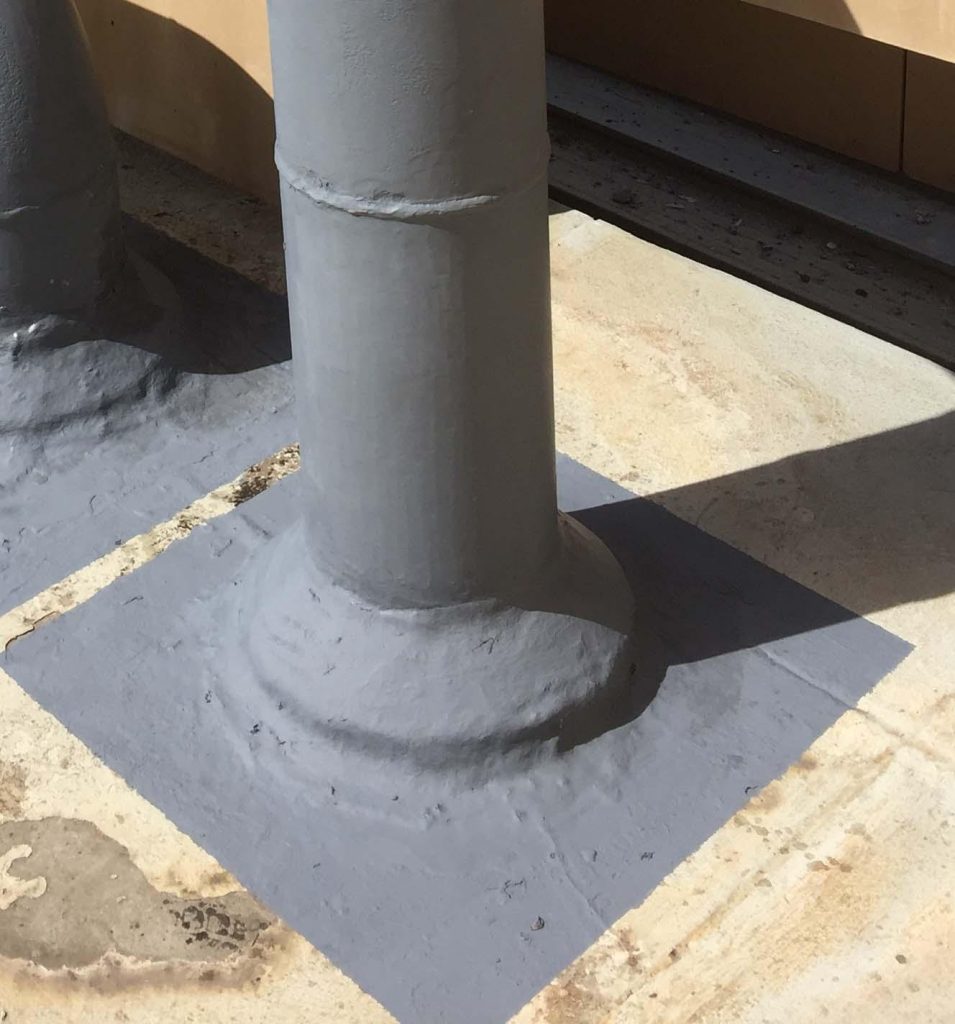Pipework penetrations through walls and floors can be very challenging to prevent water engrossment. Cooling tower plumbing, pipelines from refrigeration holding tanks, chillers, or compressors must be sealed correctly. All of this equipment causes additional challenges for sealing any pipework penetrations, as excessive vibration and movement from the cooling tower fans and pumps and attack from chemicals that are used for water treatment.
Membrane coating system for concrete, steel and cool store panels
Cooling towers and refrigeration systems can leak – splash and spray chemicals over building roofs, plantroom floors and concrete pad. These chemicals attack concrete causing pitting and steel causing corrosion.
Damaged concrete can allow water and chemical leaks into adjoining rooms or building levels.
Corroded steel roofs allow water and chemical leaks into building.
Water treatment chemicals are sometimes contained in bunded areas that can be damaged by the corrosive chemicals. The application of RepelCoat PUME-200 stops further damage and water / chemical leaks.
Pipework penetrations through walls and floors can be very challenging to prevent water engrossment. Cooling tower plumbing, pipelines from refrigeration holding tanks, chillers, or compressors must be sealed correctly. All of this equipment causes additional challenges for sealing any pipework penetrations, as excessive vibration and movement from the cooling tower fans and pumps and attack from chemicals that are used for water treatment.
Leaking steel pipe through concrete floor. Fiberglass applied prior to RepelCoat PV-200 coating system
RepelCoat is a registered trademark of FlowMatrix in Australia.
Formed in 2018 RepelCoat coating products are designed to provide specialized coating systems for cooling tower installations, cooling tower repairs, water leak sealing, pipework, steel supports, plant room floors, roof surfaces under cooling towers, pipework penetrations through floors and roofs, Cool store panel sealing and grouting systems for concrete plinths, or hollow core filling.
